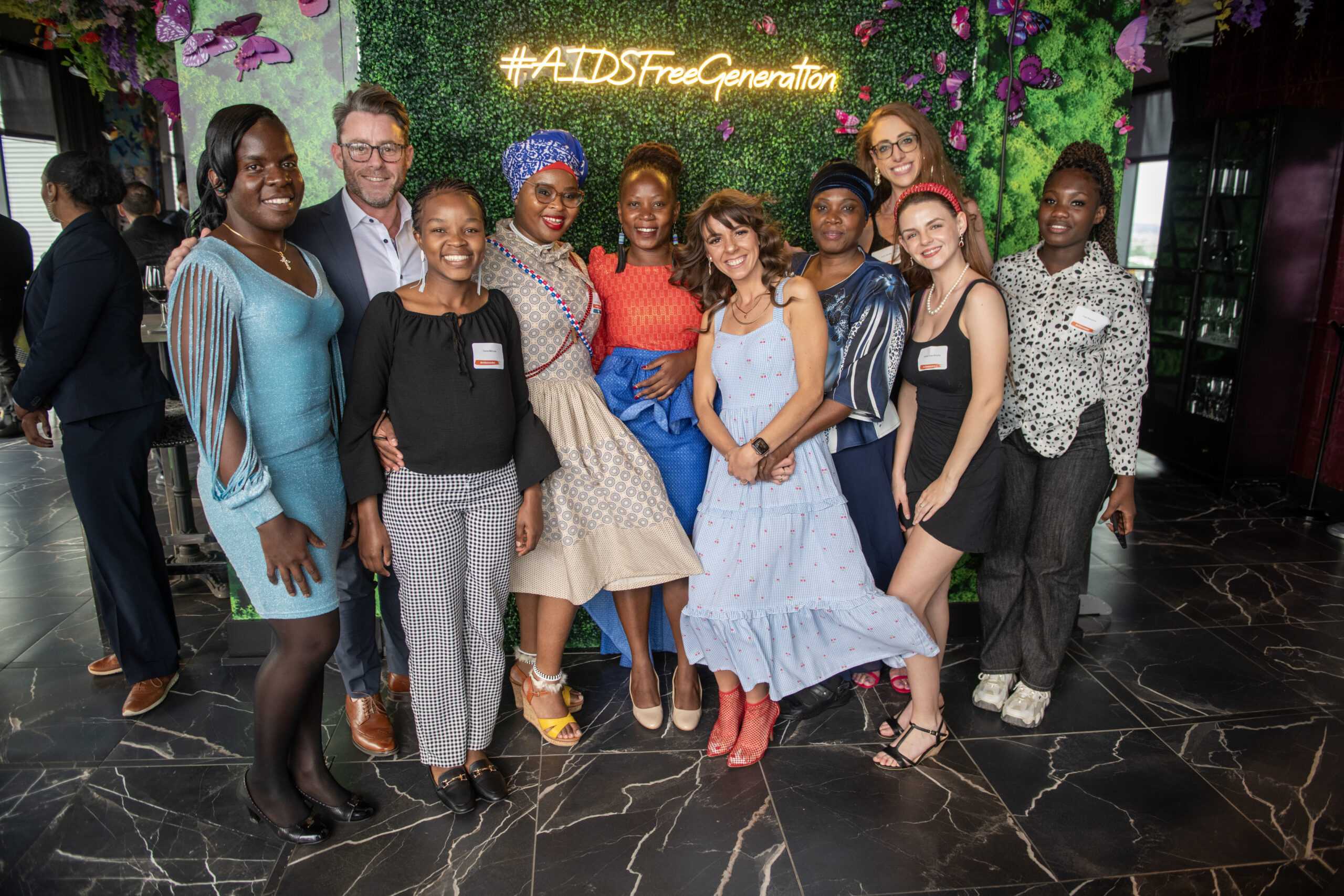My father learned he had AIDS and only months to live when I was two years old. Tests revealed that my mother also harbored the virus, and I had been born positive as well. HIV is all my body knows. Days before my third birthday, my father succumbed to the virus.
My family was devastated and humiliated. AIDS still carried a deeply negative connotation.
My mom was advised to blame my father’s death on a heart attack — and keep our new reality hidden.
After my father’s death, it was just me and my mom, two peas in a pod. Nobody knew how to act around us. Physicians donned masks and full gowns just to speak to us. When my mother inquired about our future, doctors just shrugged, limited our lifespan to five years, and admitted they didn’t know.
Despite the grave predictions, my mom remained optimistic. She kept me active in dance classes and encouraged me to explore my artistic talents. Our home became a small paradise. I remained unaware of my HIV diagnosis until I was nine. I started to take what I later learned was AZT, but grew up believing my medication was for ear infections. My mom believed I was too young to understand.
While she stayed on top of the latest AIDS news, I was allowed to just be a kid. However, I soon noticed that something was different. I was always visiting doctors, taking more and more medications, and my mom was deeply overprotective of me. One day I blurted out, “What’s wrong with me?” We sat down and my mom revealed our family story. When I finally learned the truth, I riddled my doctors with questions, theories, and proposals.
I became involved with one of the first Los Angeles pediatric AIDS support groups. We not only learned about friendship and love but also loss and death. Over half of our “group” members eventually lost their battles with HIV. AZT was a new drug, and it gave my family hope that more medications would follow and one day a cure would be found.
My mom attributes my good health to Elizabeth Glaser’s crusade for pediatric AIDS attention and medications. If it weren’t for Elizabeth’s passion and advocacy for children, I wouldn’t be alive today.
I learned the value of education and communication. I became a public speaker for various AIDS foundations, including EGPAF. But I lived a double life.
Although I was public away from home, I kept things quiet in my inner circle. I could get up at a packed conference and scream I was HIV-positive, but I just couldn’t tell my own community. I started to understand the adversity and struggle my mom had faced for so long. Things grew more complicated as I grew older.
During high school, I was afraid to date. Dating is confusing enough as it is, even without a deadly sexually transmitted disease. So I kept quiet until a summer water balloon fight, when I met Chris. During our third month of dating I worked up the courage to tell him I was living with HIV. It was one of the most difficult things I’ve ever done. But after I explained my secret, Chris offered me a big hug and kiss, and a smile, saying he would pick me up for a date the next day.
All these years later he is still by my side. Adolescence seemed like the most confusing time of my life, but as a young adult, I’m faced with new challenges, like dealing with medical insurance and preventing adverse reactions from long-term medication use.
Through my HIV, I’ve learned the art of balance. I’ve learned to listen to my body, but I never let HIV deter me from living new adventures.
The beautiful paradox about my life with HIV is that it is cruel and beautiful; tough and simple; and predictable and random.
Cristina Jade Peña became an HIV/AIDS advocate and educator shortly after learning she was born HIV-positive. She holds a Masters from the University of California, Berkeley in public policy and collaborates with national and international organizations to advance health policy. Cristina has been an EGPAF Ambassador since 1997.
Profile last updated: 2010

Meet the Ambassadors
EGPAF Ambassadors are a community of advocates working together to help EGPAF create a world where no child has AIDS. These passionate voices from around the world include children, young adults, moms, dads, health care workers, celebrities, and technical experts who have been impacted by HIV/AIDS.

